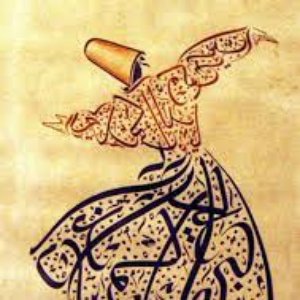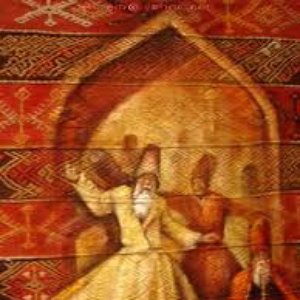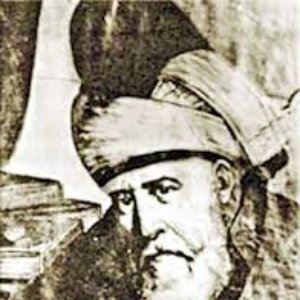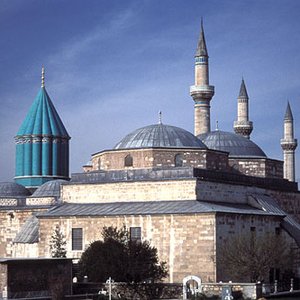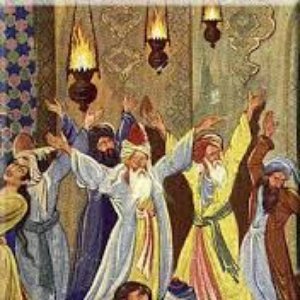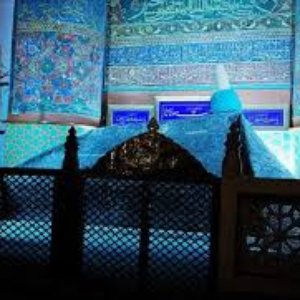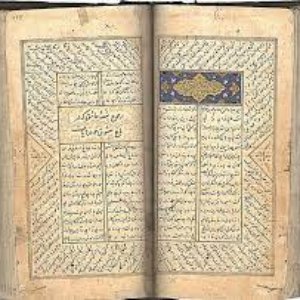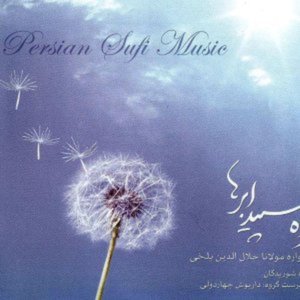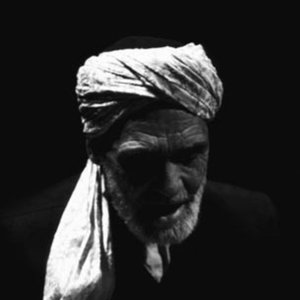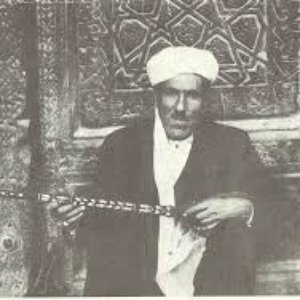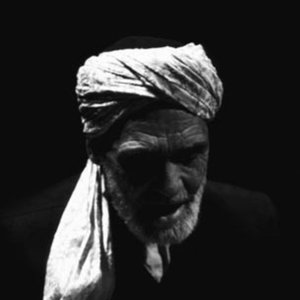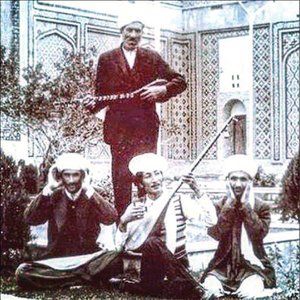Biography
Mawlānā Jalāl-ad-Dīn Muhammad Rūmī (Persian: مولانا جلال الدین محمد رومی, Turkish: Mevlânâ Celâleddin Mehmed Rumi) , also known as Mawlānā Jalāl-ad-Dīn Muhammad Balkhī (Persian: محمد بلخى), but known to the English-speaking world simply as Rumi, (September 30, 1207–December 17, 1273), was a 13th century Persian (Tājīk) Muslim poet, jurist, and theologian. His name literally means "Majesty of Religion", Jalal means "majesty" and Din means "religion".
Rumi was born in Balkh (then a city of Greater Khorasan in Persia, now part of Afghanistan) and died in Konya (in present-day Turkey). His birthplace and native language/local dialogue indicates a Persian heritage. He also wrote his poetry in Persian and his works are widely read in Iran, Afghanistan, Tajikistan, and in translation in Turkey, Azerbaijan, the US, and South Asia. He lived most of his life in, and produced his works under, the Seljuk Empire. Aside from his Persian poetry, he also wrote some verses in Arabic, Greek, and Oghuz Turkish.
Rumi's importance is considered to transcend national and ethnic borders. Throughout the centuries he has had a significant influence on Persian as well as Urdu and Turkish literatures. His poems are widely read in the Persian speaking countries of Iran, Afghanistan and Tajikistan and have been widely translated into many of the world's languages in various formats.
After Rumi's death, his followers founded the Mevlevi Order, better known as the "Whirling Dervishes", who believe in performing their worship in the form of dance and music ceremony called the sema.
Artist descriptions on Last.fm are editable by everyone. Feel free to contribute!
All user-contributed text on this page is available under the Creative Commons Attribution-ShareAlike License; additional terms may apply.
